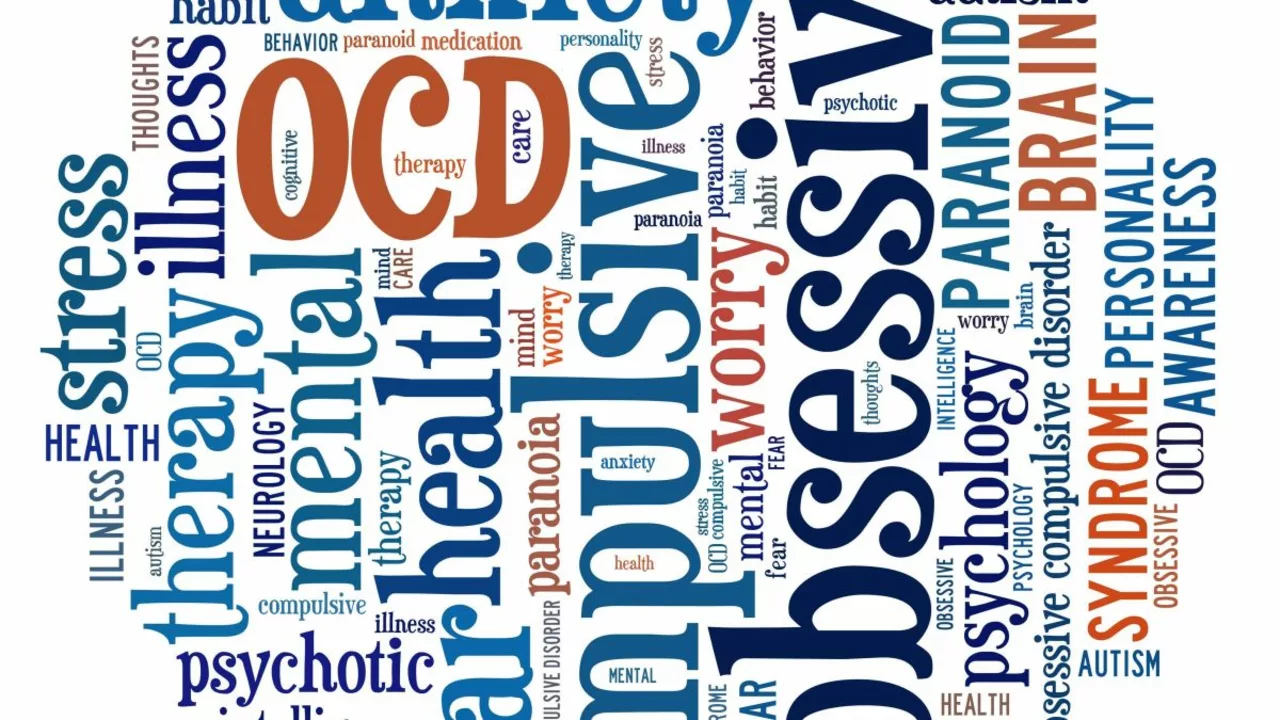Managing OCD: Practical Steps That Help You Take Control
OCD can feel like it runs your life, but small, focused changes make a big difference. This page gives clear, useful moves you can try today—whether you're new to treatment or looking to add practical tools alongside therapy or meds.
Hands-on tools you can start now
First, name what’s happening. Write down your common obsessions and the compulsions you do to ease them. Seeing the list makes it easier to work on one thing at a time. Pick one compulsion that causes the least distress to practice on—this becomes your starter task.
Try a simple Exposure and Response Prevention (ERP) mini-plan: rank that compulsion from 0–10 for how hard it is, then do a short, controlled exposure that triggers it while resisting the compulsion for a few minutes. Repeat daily, slowly increasing time. Keep the exposures predictable and short so you don’t burn out.
Use a timer. Set 5–10 minute blocks to face a trigger without performing the compulsion. After the timer ends, note how much your anxiety changed. Most people find it drops even if they expected it to stay high. Small wins add up fast.
Daily habits that support progress
Routine helps. Keep consistent sleep and meal times, and add a short daily walk or exercise session. Physical activity lowers stress and makes ERP work better. Limit caffeine if it makes your anxiety worse.
Schedule a “worry window.” Pick 15–20 minutes once a day to fully acknowledge intrusive thoughts and worries. Outside that window, gently remind yourself you’ll deal with them later. This reduces the urge to check or perform rituals all day.
Use simple distractions that don’t feed the compulsion: phone a friend, do 10 push-ups, or clean a small area for five minutes. The trick is to break the automatic loop between the intrusive thought and the ritual.
Be practical with reminders. Put sticky notes with short phrases like “Pause” or “Breathe” where you usually do rituals. These cues help interrupt habit chains and bring you back to your plan.
When to get professional help: if your compulsions take up hours a day, hurt relationships, or make you avoid work, reach out. Effective treatment usually combines CBT with ERP and, in many cases, medication such as an SSRI. Talk to a psychiatrist or psychologist who knows OCD—specialized care matters.
Emergency steps: if you feel overwhelmed or hopeless, contact a mental health crisis line or seek urgent care. Ask someone you trust to stay with you until help arrives.
Small consistent steps beat big one-time efforts. Track what you try, note what helped, and adjust. You don’t have to fix everything at once—pick one compulsion, use ERP, build a daily routine, and get the right support when you need it. That steady progress is what changes lives.
The Role of Medication in Managing Obsessive-Compulsive Disorder
- Robin Tudge
- April 30, 2023
- 13 Comments
As someone who has researched extensively about Obsessive-Compulsive Disorder (OCD), I can confidently say that medication plays a crucial role in managing this condition. Many individuals diagnosed with OCD benefit greatly from taking prescribed medications, which are typically selective serotonin reuptake inhibitors (SSRIs) that help in regulating mood and anxiety. I've found that combining medication with cognitive-behavioral therapy often results in the best outcomes for patients. However, it's essential to remember that each person's experience with OCD is unique, and finding the right treatment plan may take time and patience. Overall, medication is a valuable tool in managing OCD and improving the quality of life for those affected by this challenging disorder.
read more
